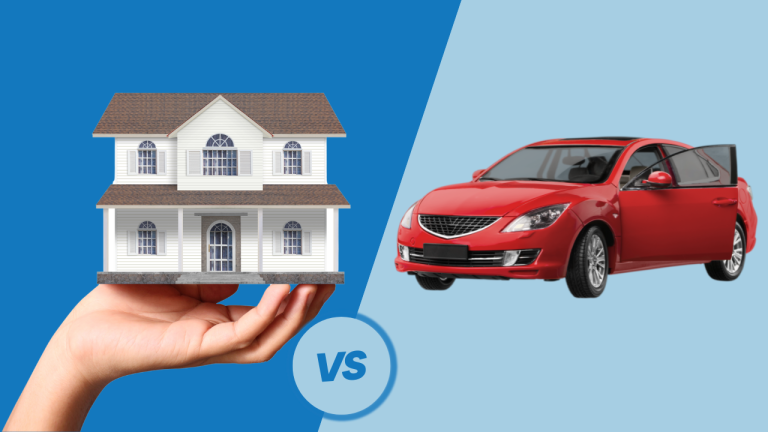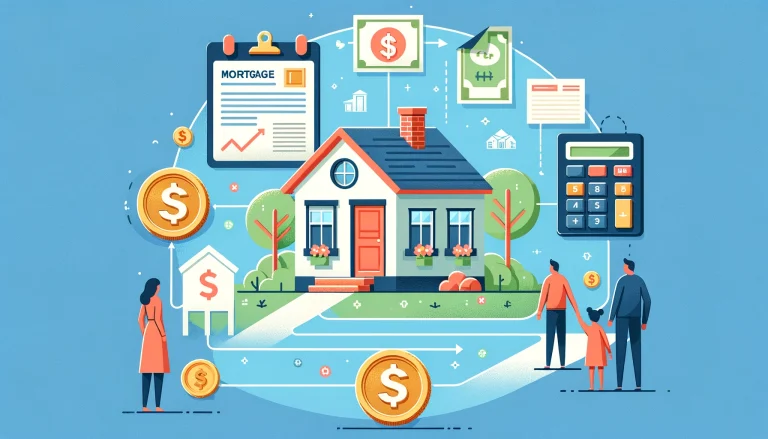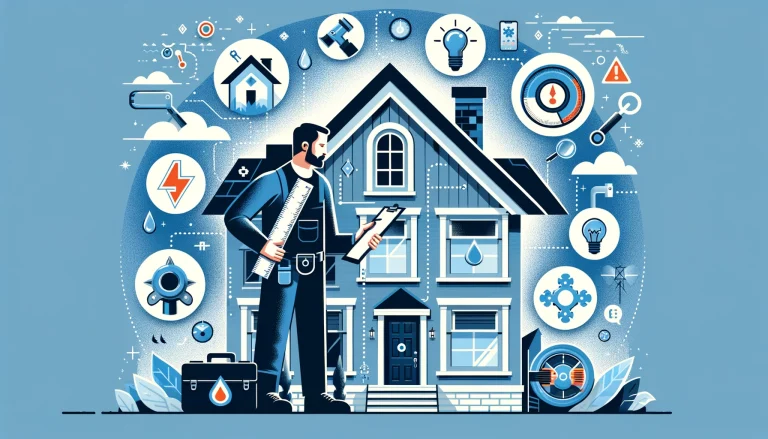Owning a home is a dream come true for most people. While in a perfect world, people could easily finance their homes using their savings, most people have to rely on mortgages from home buyer loans that often take years to pay back.
However, turning this dream into a reality has been a struggle for most millennials for some time. Ideally, homeownership demands commitment and that commitment comes with a price tag.
Jumping at the first loan or property that comes your way might not always be the best idea. In fact, 63% of millennial home buyers regret the deal they made on their homes. To avoid joining this ‘63 percent’ club, understanding the different loan options you have and buying your home at the right time, is essential.
Ideally, you need to have a great credit score, a healthy deposit, a steady source of income, and an eye for detail to shop for the perfect loan. Here is a short guide on home buyer loans for first-time buyers.
How to Compare the Different Mortgage Prices
Mortgage lenders tend to have different policies that govern their rates, property tax policies, and fees. As a result, some loans might be more expensive than others, even though the qualifications are the same.
Shopping around for loans is essential to pick one that fits right into your budget, or to simply avoid going for the most expensive option.
Ideally, you should compare loans according to the time requirements for payment, the mortgage rates, closing costs, and the home buyer loan type. Feel free to call multiple lenders to choose from a diversity of loans.
Fixed-Rate Mortgage
Under a fixed-rate mortgage, you will have to pay a fixed interest rate throughout the lifetime of your loan. While a rise in the market interest rate will be to your benefit as a homeowner, a decrease in the market interest rates will mean that you will be paying more.
The other caveat for this option is that its rates tend to be initially higher than the variable-rate mortgage.
Variable-Rate Mortgage
With the variable rate mortgage, the interest rate you pay for your loan will depend on the current market rate. While a drop in the market interest rates will mean fewer payments for you, an increase will only result in you paying more.
When starting off, such mortgages tend to be quite cheap.
Hybrid-Rate Mortgage
Lastly, the hybrid mortgage tends to combine both fixed and variable mortgage policies. For instance, you can pay a fixed rate for the first five years and switch to a variable rate later on.
For a smoother time at price comparison, you can contact a broker as they have access to more lenders than you might. They also have a feel of the current mortgage market.
Once you spot a loan that meets your expectations, lock it in with your lender. Locking your loan ensures that you will still pay the same interest rates, even if the market rate changes before you can close the deal. While some lenders ask for a lock-in fee, others won’t.
The Different Types of Loans
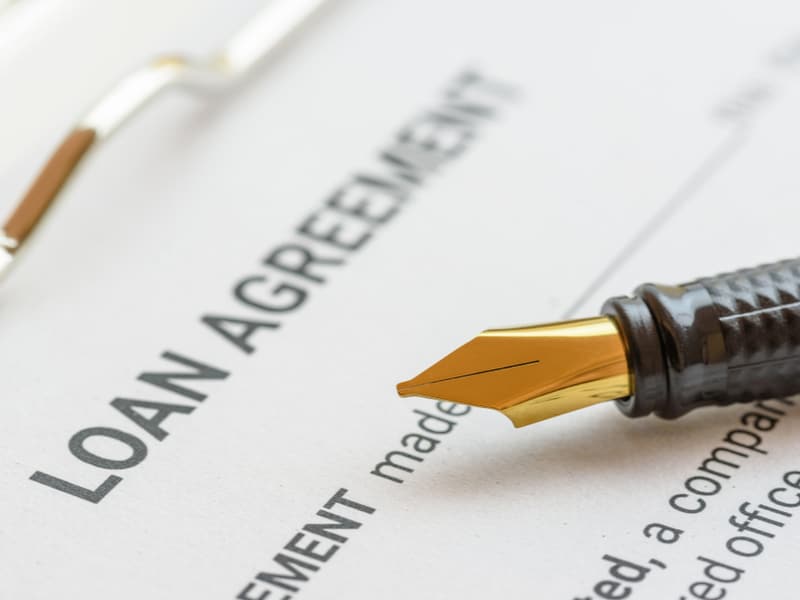
Conventional Loan
Simply put, conventional mortgages are loans that aren’t backed by the government. They are ideal for first-time buyers who have a good credit score and a great debt-to-income ratio. You need to cater for the mortgage insurance, payment and closing costs, and down payment to get the loan.
While it might be easy for a first home buyer to get the loan, borrowers with a high credit score have a better chance of getting it.
FHA Loans
The Federal Housing Administration (FHA), as an agency under the Department of Housing and Urban Development, insures these loans for the borrowers. This support acts as an assurance for lenders that they can get compensated if borrowers become defaulters. In turn, having insurance will increase your monthly payments. This option is only available for FHA-approved lenders.
The lending standards for these loans are a little bit more lenient than conventional loans, making it easily accessible for any first time homebuyer. Other than the minimum credit score for qualification being at 500, you can pay as little as 3.5% in down payment which you can always rely on payment assistance programs to raise.
VA Loan
You qualify for a VA loan if you were/are a military service member, or have a family member who is. The US Department of Veteran Affairs backs this loan and they pay the lenders if a borrower were to default.
For you to qualify, you require a Certificate of Eligibility (COE), a suitable credit score, and sufficient income. As long as the involved service member meets specific service requirements and didn’t receive a dishonorable discharge, getting a COE will be easy.
One huge benefit of the loan program is that it finances your house fully, meaning that you do not need to have a down payment.
USDA Loans
This is the best option for people in rural areas looking to buy a house but have a low income and can’t gain access to conventional loans. The Rural Housing Service manages this loan program.
How to Raise Your Credit Score
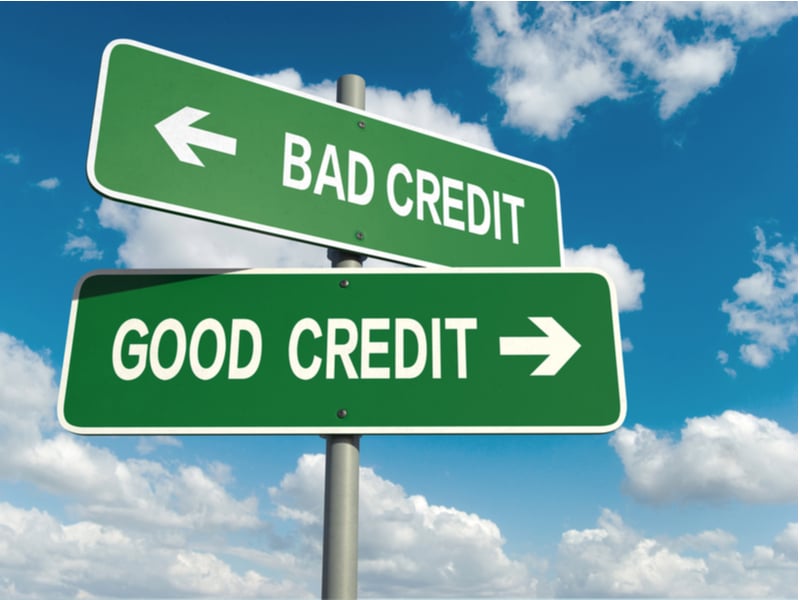
Lenders need to know that they are offering their loans to responsible borrowers and that the chances of them getting their cash back are quite high. Ideally, your credit score is one of the best metrics for them to measure the risk of offering you a loan.
As long as you have a suitable credit score, you are most likely to land a mortgage at an affordable rate.
To come up with your credit score, credit bureaus typically look at your debt-to-income ratio, payment history, credit utilization ratio, length of credit history, credit mix, and any new credit. As a result, trying to adjust these factors of your credit can increase your credit score.
Make timely bill and debt payments
Missing debt and bill payments portray you as an irresponsible borrower. This will also hurt your credit score.
Use multiple credit cards
Applying for credit cards from different banks shows you have the means to spend. This will increase your credit mix.
Correct mistakes on your credit reports
Slight mistakes in your credit report might easily lower your credit score. Pay attention to these small issues and request corrections.
Increase your credit limit
Making timely payments can cause the bank to increase your credit limit as they encourage you to spend more. With a larger credit limit; you will have a lower credit utilization ratio.
Become an authorized credit card user
This will offer you a chance to improve your credit card by relying on the credit score of a friend or family member.
Co-sign your mortgage
If your credit score is low, co-signing your mortgage will help raise your chances of landing an affordable loan. Of course, it means that your co-signer will also be liable for repaying the loan if you were to default.
Buying your new home the right way will save you from a life of regret. If you have a low credit score, you should take your time to raise your credit score before approaching lenders or a real estate agent to buy a new home. Commit to research to make a wise financial decision.






